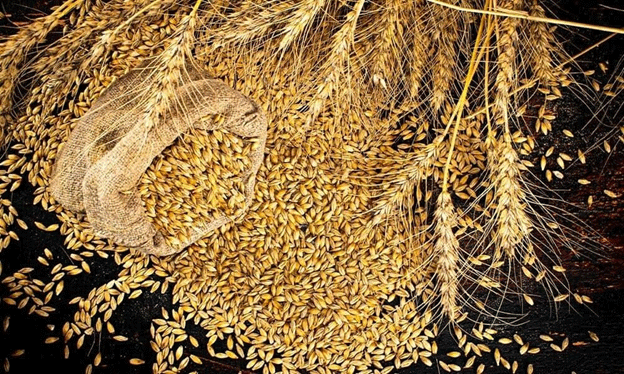France, a major European producer of grain maize and winter cereals, is facing an unusually challenging harvest season. Torrential autumn rains, following the wettest September in 25 years, have left fields waterlogged and delayed both maize harvesting and winter cereal sowing. As of October 21, data from FranceAgriMer revealed that only 25% of maize had been harvested, a stark contrast to the average 69% completion rate for this period over the past five years. This article examines the extent of the delays, current crop quality, and potential implications for the 2024 growing season.
Maize Harvest Delays: A Closer Look at the Numbers
The maize harvest in France is progressing at a historically slow rate this season. As of the third week of October:
- Only 25% of the grain maize crop had been harvested, up from 14% the previous week.
- Harvest progress is substantially lower than the 82% completion rate recorded at the same time last year.
- The five-year average for maize harvesting at this time of year typically stands at 69%.
Persistent rains in both September and October have left soil too saturated for standard harvesting machinery, posing logistical challenges that continue to hinder harvest speed and efficiency. Although some areas received less intense rainfall in recent weeks, waterlogged fields remain a primary obstacle.
Winter Cereal Sowing: Behind Schedule
The heavy rainfall has also disrupted the sowing schedule for winter cereals, which typically ramps up in October to prepare fields for the next growing season. A delay in sowing can lead to late crop establishment and ultimately reduce yield potential in the following harvest season. Given the current delays, farmers may face yield impacts depending on when soil conditions improve sufficiently to allow continued sowing.
Current Condition of Maize Crops
The prolonged wet conditions have also affected crop quality. FranceAgriMer reported a drop in maize crop ratings:
- As of last week, only 75% of maize crops were rated in good or excellent condition, down from 78% a week prior and significantly lower than the 83% rating seen at this time last year.
- The combination of waterlogged fields and delayed harvest could lead to increased crop losses, with some maize likely to suffer from rot or mold, further impacting crop quality and market prices.
Weather Outlook and Its Impact on Harvesting
The weather forecast offers a glimmer of hope for French farmers. According to meteorological predictions, the end of October is expected to be drier, which may allow fields to drain and enable harvesting and sowing activities to resume at a more typical pace. However, farmers must also be prepared for potential frost or cooler temperatures, which could impact the final stages of the maize harvest and winter cereal sowing.
This year’s record rainfall has had a significant impact on France’s maize harvest and winter cereal sowing, leaving farmers with lower-than-average harvest completion rates and concerns about crop quality. As fields slowly dry and farmers prepare to make the most of the remaining autumn days, the potential for a late, successful harvest and sowing will depend heavily on favorable weather conditions through the end of October. With maize crop quality already slightly declining, timely field access will be essential to preserve remaining yields and secure a strong start for the winter cereals. Continuous monitoring of soil moisture and careful management decisions in the coming weeks will be crucial for minimizing losses and preparing for the upcoming planting season.
Error




